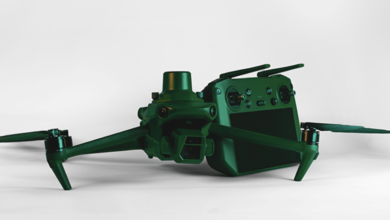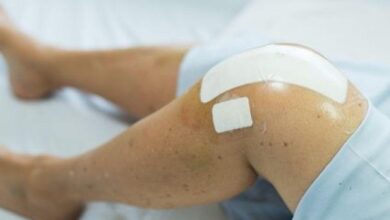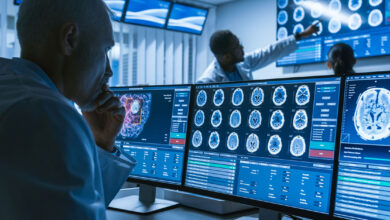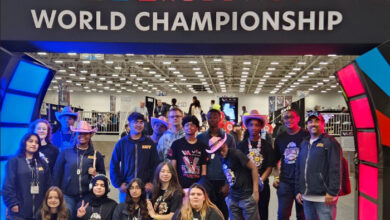Wisconsin Robotics heads back to Mars
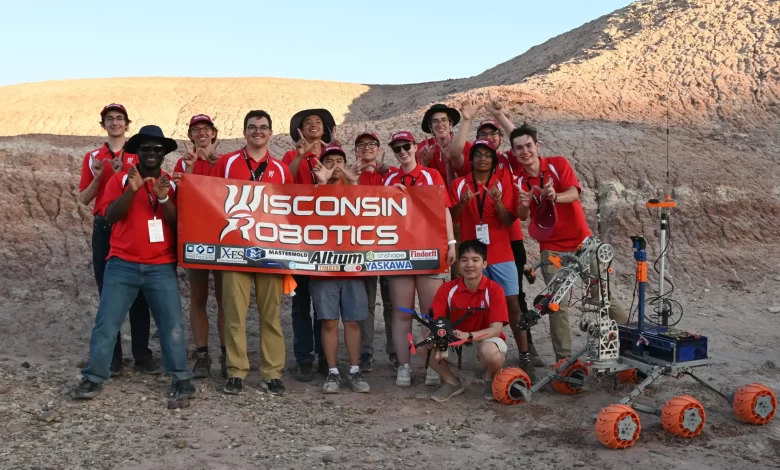
Wisconsin Robotics started June with a strong showing at the University Rover Challenge at the Mars Desert Research Station in Hanksville, Utah!
The University Rover Challenge is a competition designed to get college students into building the next generation of Mars rovers. There are four missions involving soil analysis/life detection, repairing a mock astronaut lander, navigating a rock field autonomously to find markers or designated objects, and retrieving a geologically significant sample from up to 1km away. The Wisconsin team, made up of mechanical engineers, electrical engineers, computer scientists, physicists, and biologists, has been developing a rover and companion drone throughout the year to tackle these challenges.
In a new team record, Wisconsin Robotics placed 12th out of the 38 finalists and 102 total teams worldwide! “We were shooting for top ten this year, and while we did not reach that goal, I am extremely proud of how the team performed,” shares Team President Andrew Engedal. “In times of system failure, we never stopped troubleshooting and pushing on to the next problem. Our operators for each mission had great strategies that allowed us to maximize our point total on our current system. We were also crowned the champion of the unofficial rover tug-of-war competition!”
Facing challenges head on
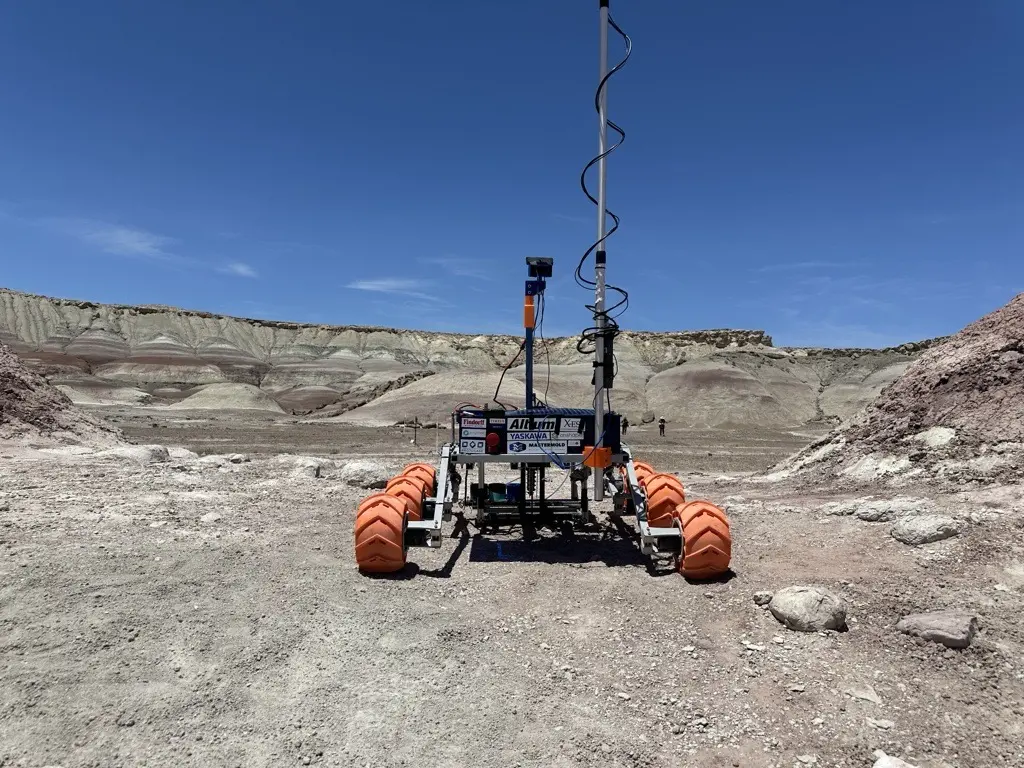
In the Science Mission, a loose electrical connection impaired their sample collection mechanism, but, they were still able to collect images of significant sites and report their findings to a panel of judges, including a few NASA geologists. In the Autonomous Mission, the CAN wires leading to two of their drive motors snagged on a rock, preventing them from completing the rest of the mission. Finally, in the Delivery Mission, they faced communication issues at the start, which cut into the available time and prevented them from completing later tasks in the mission. “Despite these problems, we were still able to score extremely well. I’m confident that we can target these issues in our future designs to be one of the best simulation rover teams in the world,” adds Engedal.
The future is bright
In addition to their success on the scoreboard, the team had a huge influx of new freshman and sophomore member engagement. The club has grown to 60 members and they were able to take 12 new students to competition alongside four returning competitors. “In each of these students, I saw excitement and newfound motivation by the end of the trip. Almost every day, I heard “I need to learn more about …” Our work this year on training new members, which eventually won us the Exceptional Team Development Award at the Engineering RSO banquet, has shown promise and will continue to strengthen our club going forward,” shared Engedal.
The team has already begun designs for next year, which will include a redesign of their entire rover system. For this, they are always looking to recruit new members, engage with more UW-Madison faculty (especially those recently hired for robotics), and strengthen their ties with their corporate partners. The best teams leverage all resources available to them to become stronger engineers and create more powerful designs. The future for Wisconsin Robotics is looking very bright!
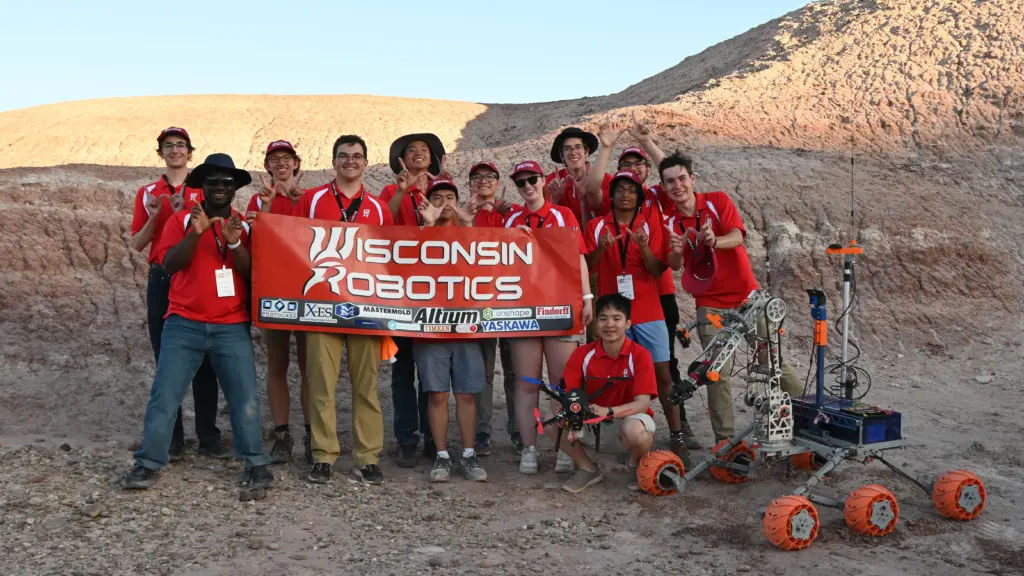
Special thanks to President Andrew Engedal for providing all information and images for this post.
Featured image: Students in Utah in June 2024.
